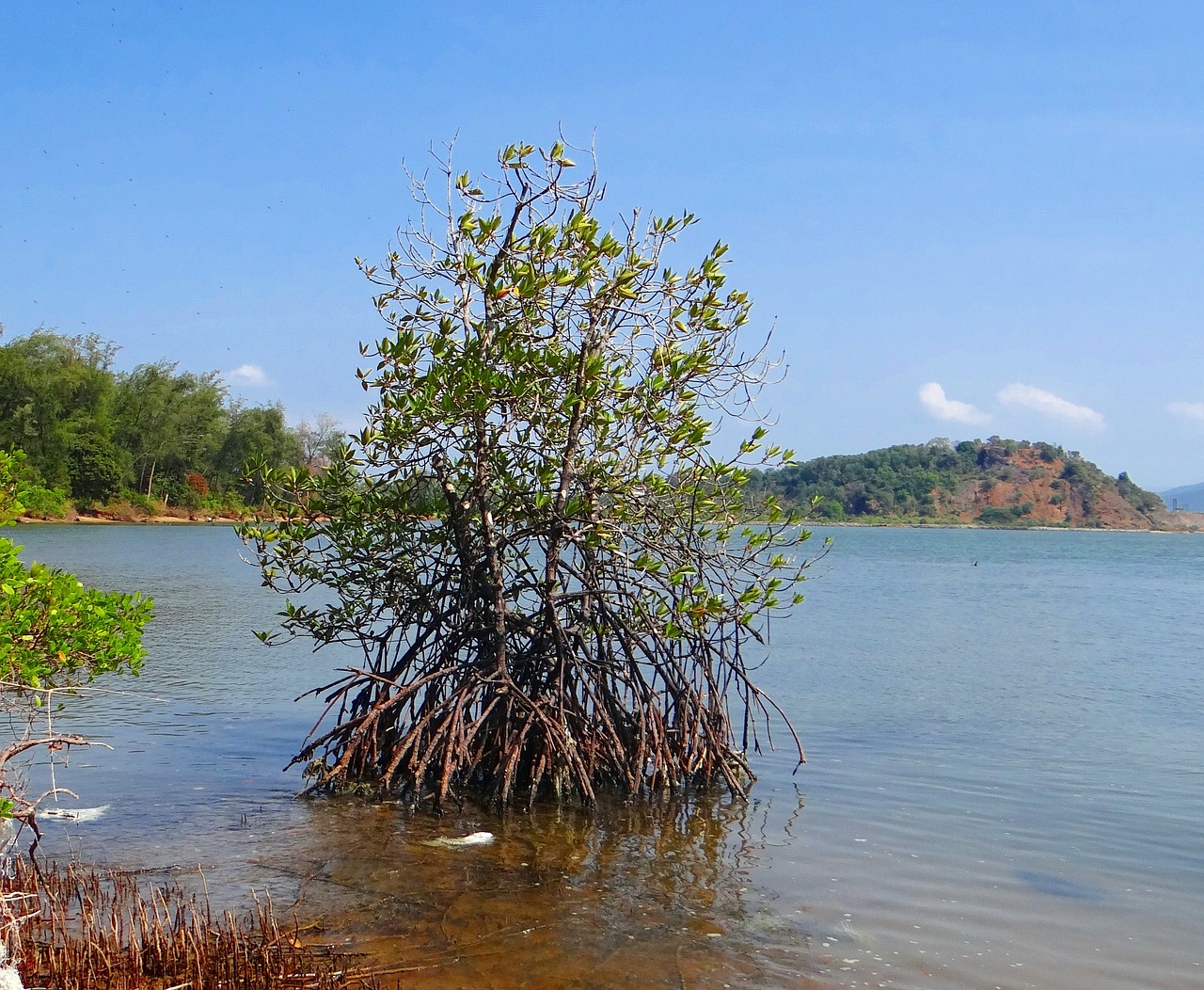How to Use Data Visualization for PAC Campaigns: All panel login mahadev book, Lotus bhai.com, Laser book 247 com registration
all panel login mahadev book, lotus bhai.com, laser book 247 com registration: Environmental education is crucial in today’s world, as we face pressing issues such as climate change, pollution, and habitat destruction. Educating the public about these environmental challenges is essential for creating a sustainable future. However, the impact of Political Action Committees (PACs) on environmental education is a topic that is often overlooked.
PACs are organizations that raise money to support or oppose political candidates, legislation, or causes. While PACs have the potential to influence public opinion and policy decisions, their impact on environmental education is complex and multifaceted.
One way in which PACs can impact environmental education is through funding. PACs that are backed by industries with a vested interest in environmental issues, such as the oil and gas industry, may fund educational programs that promote their own agenda. This can lead to biased information being presented to the public, which can undermine the effectiveness of environmental education efforts.
On the other hand, PACs that support environmental causes can also play a positive role in environmental education. These PACs may fund programs that raise awareness about environmental issues, promote conservation efforts, and advocate for sustainable practices. By supporting these initiatives, PACs can help to educate the public on the importance of protecting the environment and inspire action to address environmental challenges.
However, the influence of PACs on environmental education is not limited to funding alone. PACs can also shape public discourse and policy decisions related to environmental issues. By lobbying lawmakers and engaging in advocacy campaigns, PACs can influence the development of environmental policies and regulations. This can have a direct impact on the content of environmental education programs and the priorities of educators and policymakers.
In order to ensure that environmental education remains unbiased and effective, it is important for educators, policymakers, and the public to be aware of the potential influence of PACs. By critically evaluating the sources of funding for environmental education programs and staying informed about the positions of different PACs on environmental issues, stakeholders can make more informed decisions about the information they receive and the actions they take to protect the environment.
In conclusion, the impact of PACs on environmental education is a complex issue that requires careful consideration. While PACs have the potential to support and promote valuable environmental education initiatives, they can also introduce bias and influence public opinion and policy decisions. By staying informed and critically evaluating the information they receive, individuals can contribute to a more balanced and effective approach to environmental education.
FAQs
Q: How can I determine if a PAC is influencing environmental education programs?
A: One way to determine if a PAC is influencing environmental education programs is to research the sources of funding for the program. If a program is funded by a PAC that has ties to industries with a vested interest in environmental issues, there may be cause for concern about bias in the information being presented.
Q: What can I do to ensure that environmental education programs are unbiased?
A: To ensure that environmental education programs are unbiased, it is important to critically evaluate the information being presented and seek out multiple sources of information. This can help to identify any potential biases and ensure that a well-rounded perspective is being presented.
Q: How can I support environmental education initiatives that are not influenced by PACs?
A: To support environmental education initiatives that are not influenced by PACs, consider donating directly to environmental education organizations, volunteering your time to support educational programs, and advocating for unbiased and comprehensive environmental education in your community.







